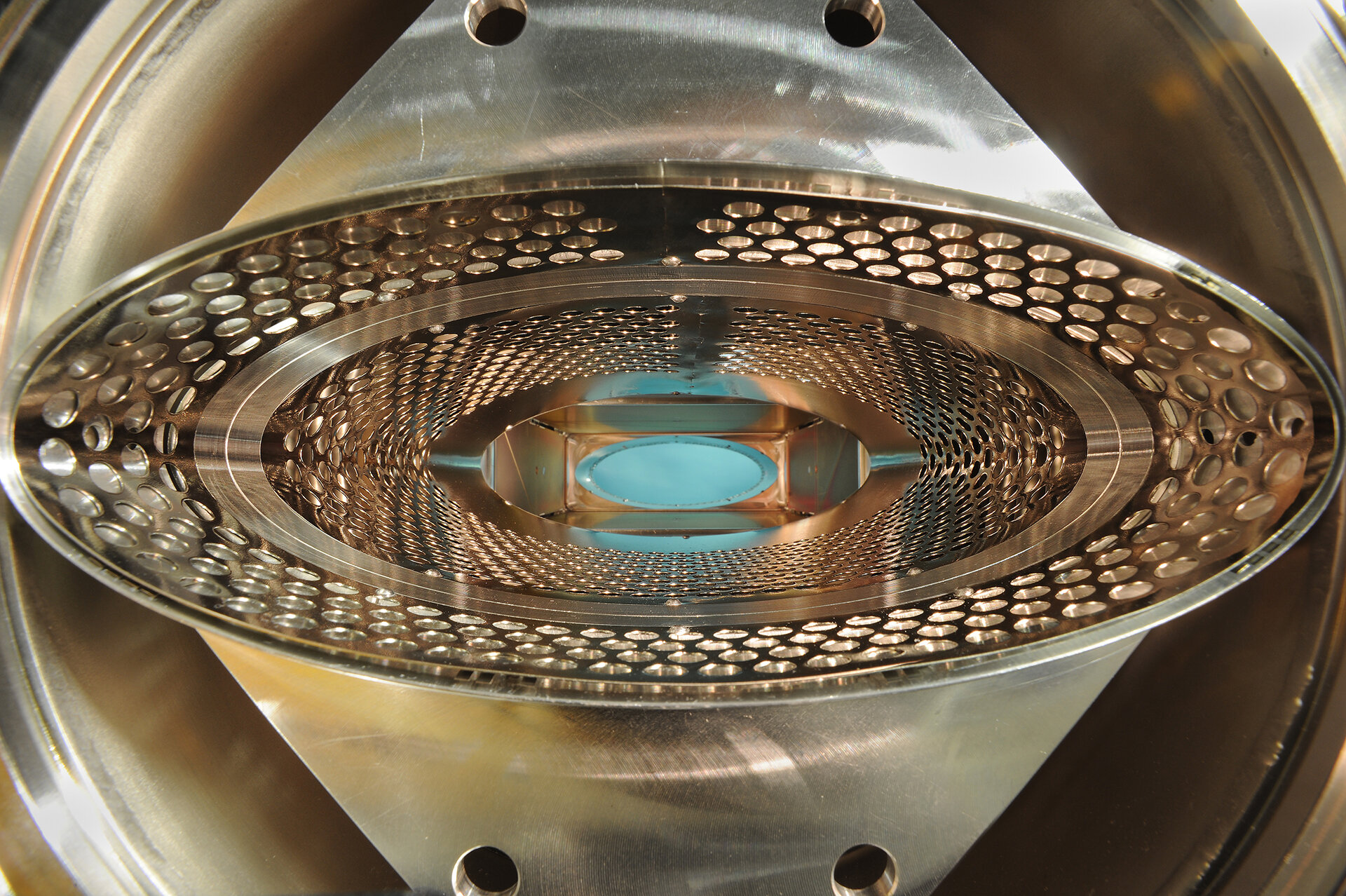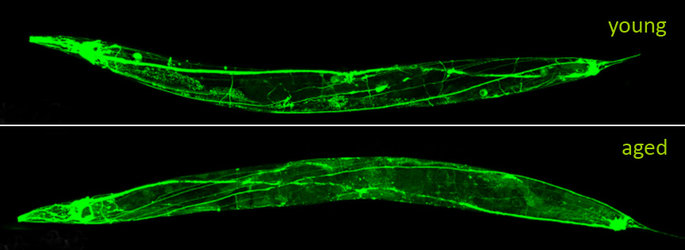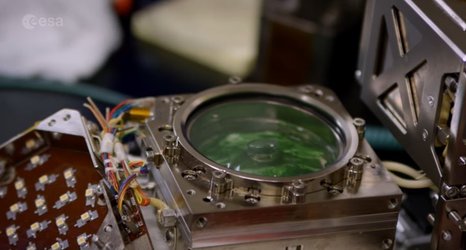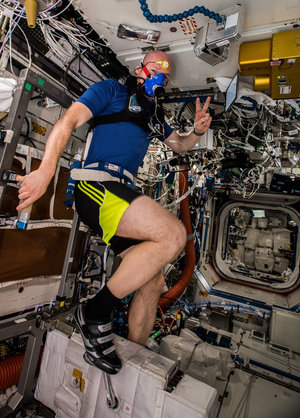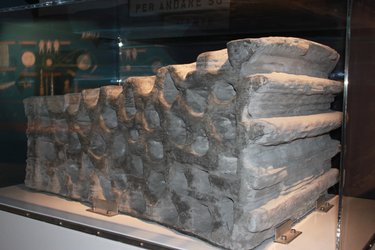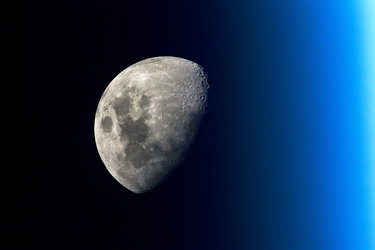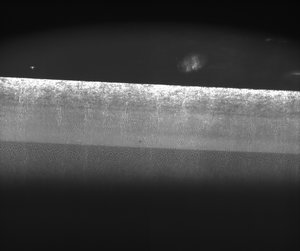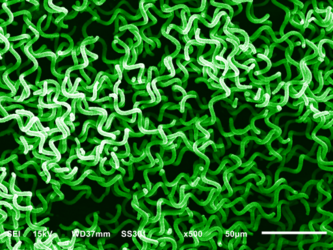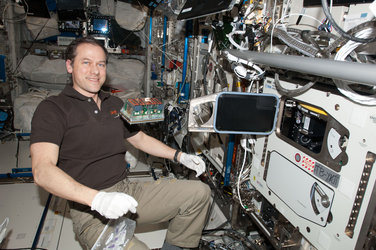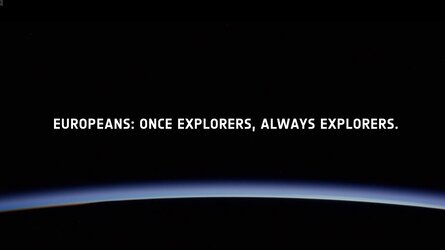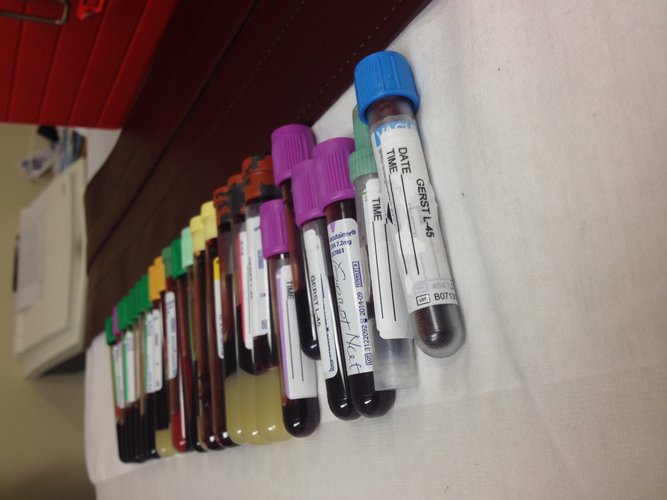ESA-FAIR’s first ever Radiation Summer School
ESA in partnership with the international accelerator center FAIR (Facility for Antiproton and Ion Research), currently being built at GSI, the Helmholtz Center for Heavy Ion Research, is excited to announce the first ever Radiation Summer School to tackle the problem of space radiation for future long duration missions.
Living in space is no easy task, and one of the largest concerns for mission planners cannot even be seen.
Cosmic radiation poses a risk to the human body in the form of cancer, central nervous system disorders, cardiovascular problems and tissue degeneration.
Space radiation can also severely damage spacecraft’s electronic circuitry and in worst case scenarios even shutdown vital systems.
The summer school will provide young scientists with theoretical training and hands-on experience in cosmic radiation research to better understand the threat and how to tackle it.
A summer in Darmstadt
For such a significant hindrance to longer duration space exploration, opportunities for young scientists to study cosmic radiation are limited.
ESA has supported research in GSI’s large particle accelerator to understand the full biological effects of cosmic rays and accurately calculate how much exposure humans can safely withstand. Researchers from all over the world use this facility to gain new insights into the building blocks of matter and the evolution of the Universe, as well as developing new applications in medicine and technology.
With the first-of-its-kind Radiation Summer School, ESA and partners FAIR/GSI aim to attract more young scientists to this field.

15 Ph.D. students and postdocs from various radiation-related disciplines — such as physics, medicine or biology – can apply to attend lectures and overviews by ESA, GSI, and international experts in the field at ESA’s Space Operations Center (ESOC) in Darmstadt. Participants will then practically apply that knowledge at GSI/FAIR’s state-of-the-art facilities, just a short commute from ESOC.
During practical training, the students also have the possibility to continue developing on their own experiment ideas, using available beamtime at GSI accelerators in the framework of the “FAIR Phase 0” user program.
The summer school is not only about training future scientists in this crucial area. “In addition to better preparing the young generation for the space research area, the Radiation Summer School will show our future workforce the many opportunities offered by space research and its applications for science and engineering in fields related to space,” says Dr. Dr. Jennifer Ngo-Anh, SciSpacE Team Leader at ESA.
Eligible participants must be from an ESA Member State, with a few spots available to international students. Preliminary dates for the summer school are 15 September – 1 October. For more information and how to apply, see here.


